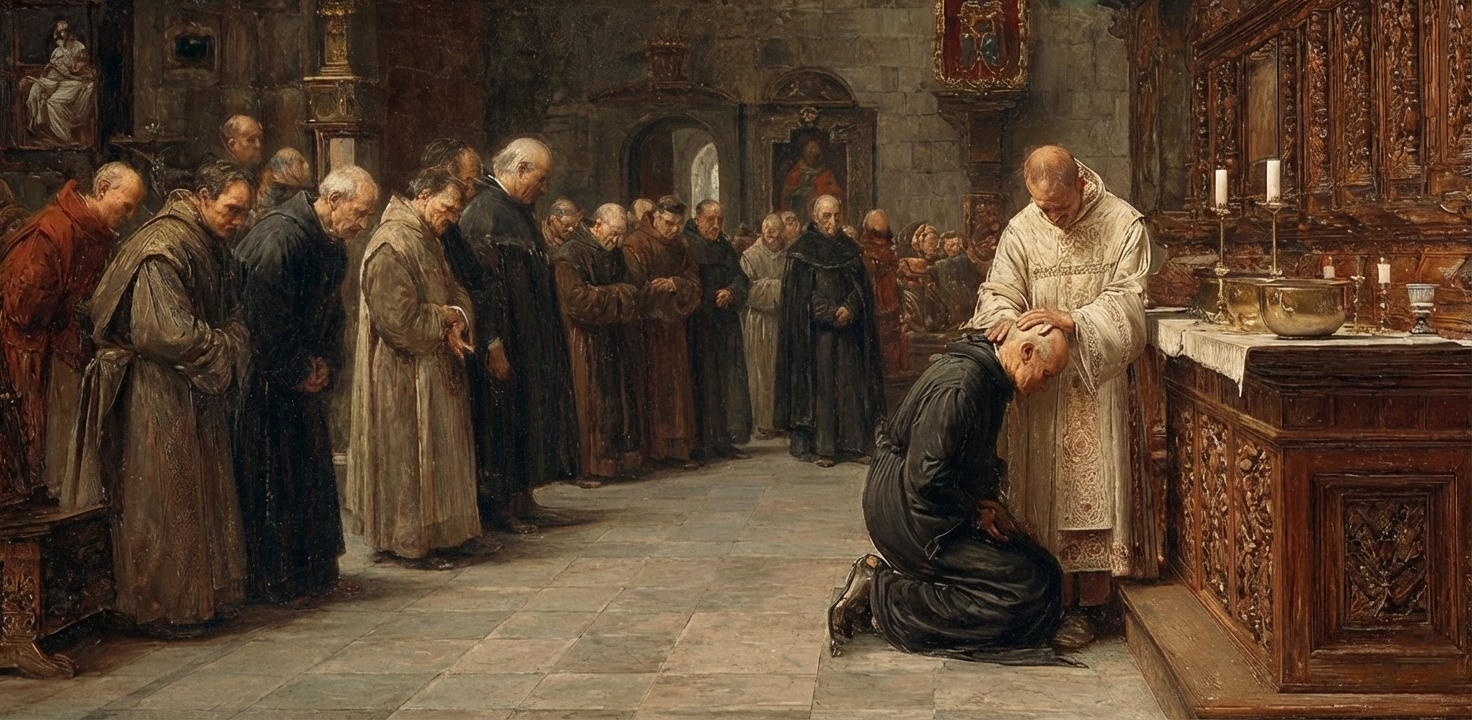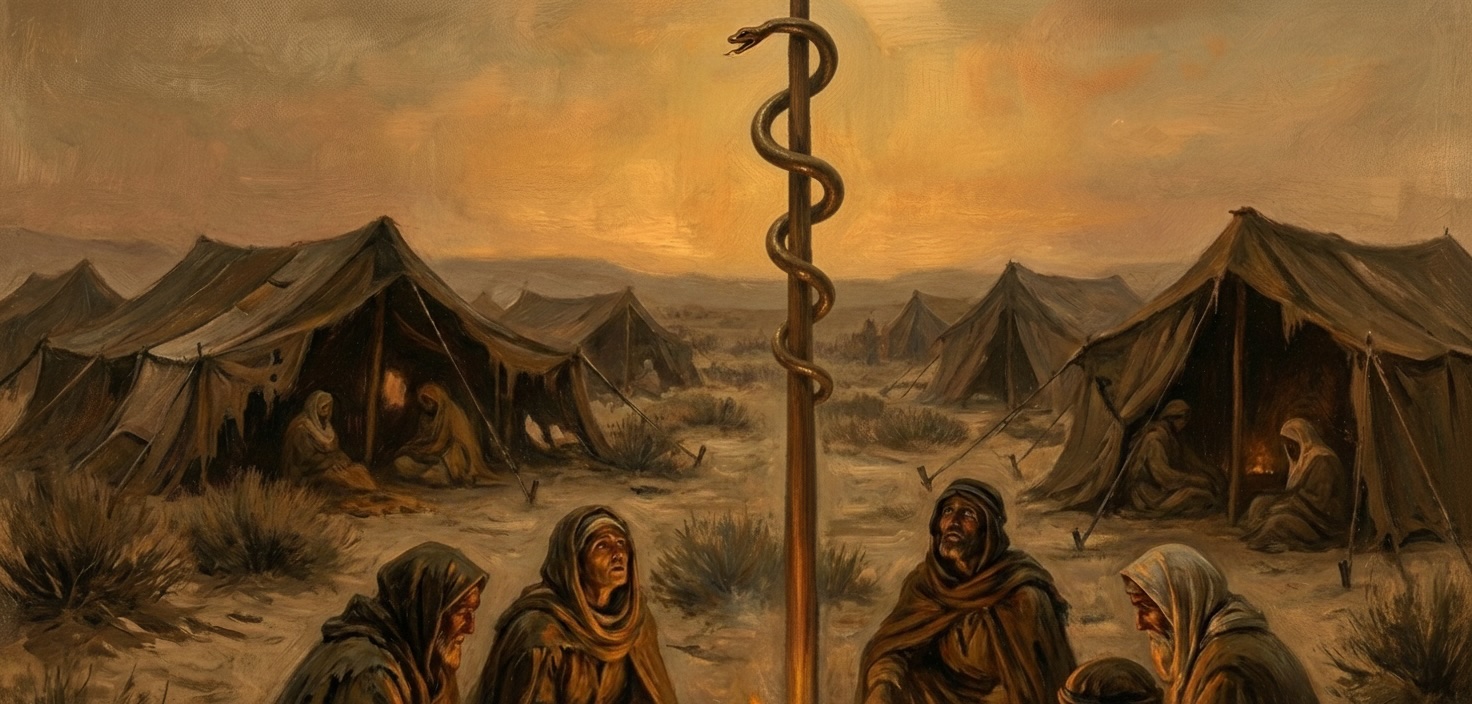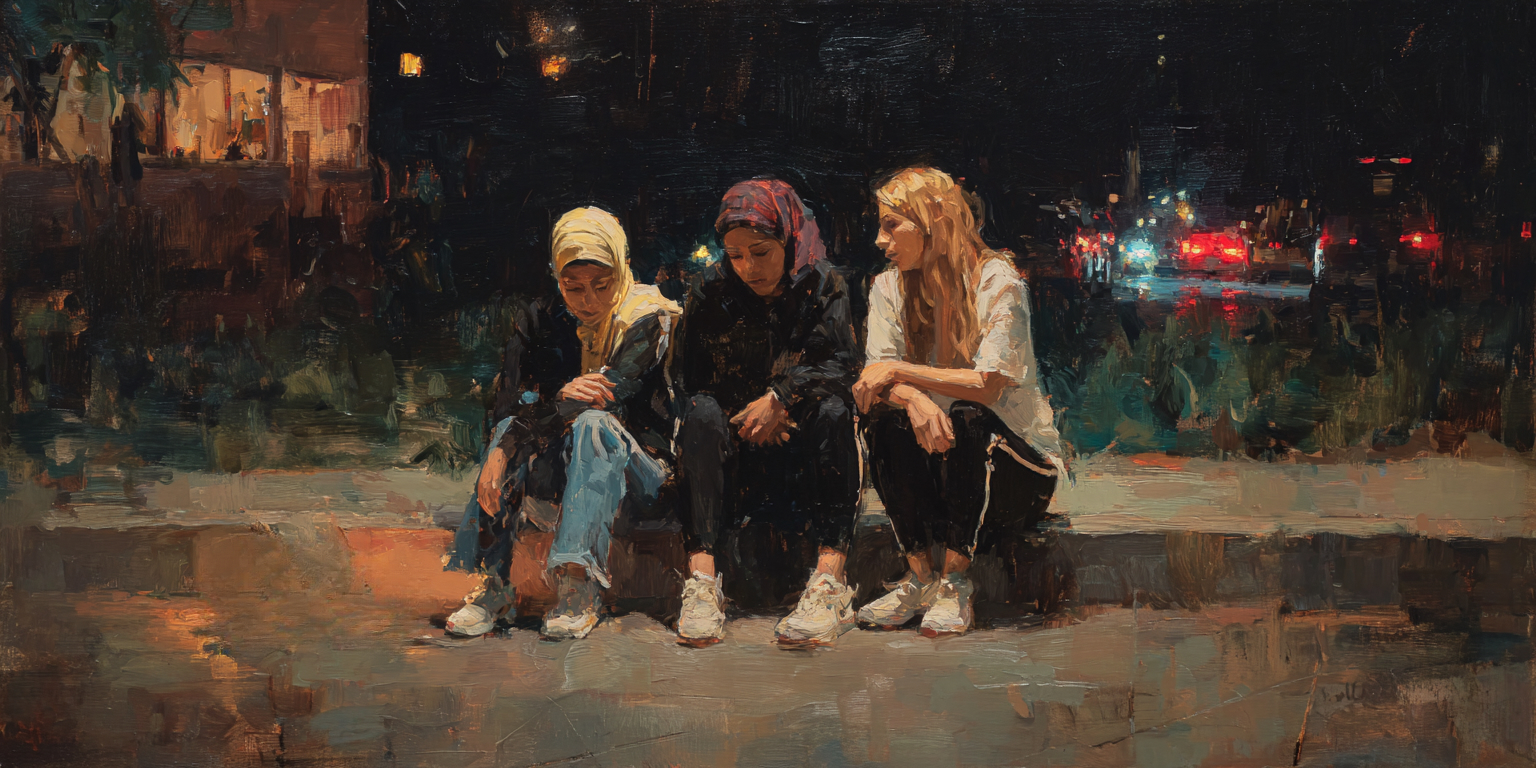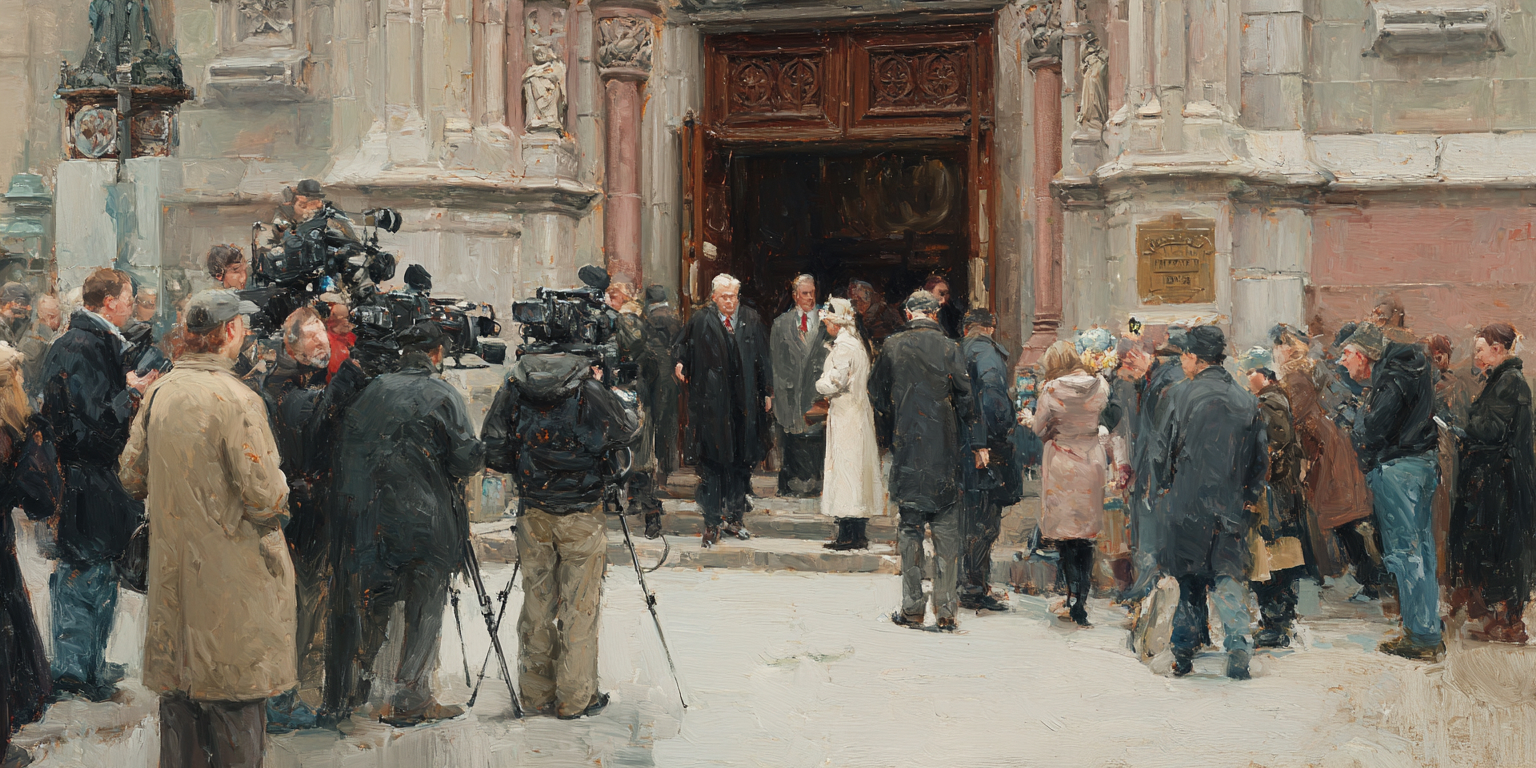You’ve heard it before: “Peace on earth, goodwill to men.”
Whether viewed as prophecy for a hopeful future, as rebuke to a fallen world, or as the deep aspiration of many human hearts, these words invoke wonder still today, especially at a time like 2020. I believe these words point towards legitimate reasons for great hope in humanity’s future, even in the midst of our current distress. A closer look at their meaning provides a glimpse into bright possibilities.
The modern-day enshrinement of these words was penned by the hand of Henry Wadsworth Longfellow during a time of deep personal sadness and grief in his 1863 poem “Christmas Bells.” Subsequently, these words have been sung by millions as the hymn “I Heard The Bells On Christmas Day.” Sadly, few choirs will sing this popular carol during the Christmas season this year as many of our most cherished traditions are disrupted by the continuing, unprecedented epidemic.
Notwithstanding the familiarity of these words in the modern context, their first recorded rendering came anciently in a most unusual setting. It was one of the few instances in all of secular or religious writings where an entire host of heavenly beings—angels—came to deliver a message to a few lucky ones on earth. Their entire message as recorded in Luke 2:14 of the New Testament was “Glory to God in the highest, and on earth peace, good will toward men.” If there was more to the message or not, we don’t know. But this was the message that was recorded and handed down over thousands of years since that momentous event.
It was this short heavenly song of praise that Longfellow was referring to when he lamented that “hate is strong and mocks the song of peace on earth goodwill to men.” We sometimes think of peace and goodwill as synonyms. They are not. In fact, they represent very different human conditions.
Then as now, we join Longfellow in observing a world stricken with contention, tragic death, and human suffering with no clear end in sight. As a bold counterpoint, however, his poem and the hymn conclude with a resounding proclamation of hope that indeed there will be yet “peace on earth and goodwill to men.”
Is it possible to find for ourselves this same hope of which Longfellow wrote so long ago?
Some might assume that the author had somehow arrived at more pleasant circumstances and material conditions. Yet in describing his world that Christmas morning in 1863, Longfellow was feeling the weight of personal tragedy in the death of his wife and the strife of a hot civil war spreading devastating carnage across the land. In such a heavy time, he couldn’t help but underscore how much the surrounding hate he saw in the world seemed to mock the idea of peace and goodwill – a word that suggests to “tease or laugh at in a scornful or contemptuous manner.”
The hate he was referring to, and which has the power to infect us in our own day, was between groups of people and between individuals who looked at each other with scorn and contempt. In an environment that fosters hate, any suggestion that feelings of scorn and contempt might be replaced with feelings of peace and goodwill can seem to be almost laughable (another reason it’s powerful to have a heavenly host delivering this message to the world).
We sometimes think of peace and goodwill as synonyms. They are not. In fact, they represent very different human conditions – either one by itself being incomplete. But together they weave a social fabric of heavenly dimensions. There are many examples of one without the other, but relatively few of both existing and being sustained for any great length of time.
In its simplest form, peace could be defined as the absence of conflict. When this kind of peace is voluntary, due to an underlying feeling of goodwill toward all, it is a wonderfully satisfying human condition.
However, a “peaceful” absence of conflict can also be achieved through coercion, even in the notable absence of goodwill. In that case, it comes at the obvious, and dear price of freedom and liberty and represents a most cruel form of the human condition. Coerced peace is usually a political construct as it requires overwhelming use of force to constrain human behaviors.
There have been modern examples of peace without goodwill in the recent past. One can reflect on Yugoslavia, Libya, Iraq, and other nations. For example, Yugoslavia was created after World War II as a federation of six different ethnic regions. A strong central governing party ensured that conflicts were resolved emphatically and quickly. There was “peace,” but without the underlying goodwill among the different ethnic groups. Under Josip Broz Tito the country experienced an extended period of prosperity characterized by enforced peaceful interaction among the various ethnic groups. In many ways, it was considered a model of economic success.
But after Tito died in 1980, the ability to continue the peaceful climate through coercive means declined, and the unresolved conflicts among the different ethnic groups emerged with frightening consequences in human suffering for the whole country and region. In a relatively few years, the region completely lost both its peace and prosperity.
Similar events have unfolded in other countries where peace was enforced despite the absence of “goodwill toward men.” As the power to enforce coercive peace diminishes, people are subsequently often subjected to tragic suffering that can take decades and even generations to overcome to a point of regaining a semblance of stability. In short, peace without goodwill has a terrible historical record for producing great human suffering in the end.
Unlike “peaceful” conflict suppression, goodwill to men cannot be coerced. It is almost by definition an innate feeling of each individual human heart. It can be contagious, and it often seems to be either in large supply or in short supply in a particular family, community, or nation.
It would seem that goodwill to other human beings is something that would be a universal good. However, once again we find that goodwill in the absence of peace around us can lead to intense human suffering. Goodwill without peace is a sure recipe for human suffering.
In the Book of Mormon, we find the story of the Anti-Nephi-Lehies. They were part of a nation that was correctly described as a bloodthirsty people. They enjoyed the shedding of blood—whether of the guilty or the innocent, it was the same. After a remarkable turn of events, the Anti-Nephi-Lehies experienced a mighty change of heart where they had no more inclination to injure others. They developed a profound sense of goodwill toward others. They would not even rise up to defend themselves.
While their goodwill was genuine and deep, they lived in a time and place where there was no peace. It quickly became clear that they must flee the country or they would be slain by those around them. The rest of their days were spent trying to preserve their newfound change of heart, as their deep sense of goodwill (without surrounding peace) continually threatened almost certain suffering and death.
There are thousands of individual examples all around us of those who have goodwill toward all, but suffer in today’s world because in the absence of peace, they are subjected to ridicule, persecution, personal attack, and sometimes even death. Goodwill without community peace is a sure recipe for human suffering…especially among the innocent.
Which brings us back to a wee babe born in the most humble of circumstances in an otherwise insignificant town called Bethlehem over 2 millennia ago. On the night of his birth, a heavenly host of angels delivered a sweetly simple yet profoundly hopeful message of, “Glory to God in the highest, and on earth peace, good will toward men.” Of all the profound pronouncements they could have made, they simply declared that through this infant child, mankind would one day achieve peace on earth and goodwill toward men.
The babe lived long enough to teach humankind how to turn the other cheek and to love their enemies and to love and serve one another. In anticipation of His death, He promised that He would come again to usher in a thousand years of peace where not only mankind but even the beasts of the fields and the forests would have goodwill with no desire to injure one another.
Lest we be guilty of judging the past by the language and customs of the present, we should note that “men” in the context of this hopeful message of goodwill referred to a broad definition of human life not limited to the male gender. It meant black and white, young and old, rich and poor, bond and free, male and female. Then and now it means goodwill toward all of humankind without limitation. Surely we all have a way to go to meet this standard of “goodwill toward men.”
The world is currently experiencing a self-selecting separation between those who choose scorn, contempt, and hate, and those who choose to pursue goodwill and peace on earth. Though the contrasts between these two frames of human interaction are intense and sometimes frightening, through the birth of a small child in Bethlehem, we like Longfellow can look forward with a bright hope that at some point in time, “the wrong shall fail the right prevail with peace on earth goodwill to men.”
It starts and ends with Jesus Christ of whom the heavenly host testified, with great rejoicing and good tidings, as having come into the world. At His return, this same Lord will usher in a glorious thousand years of peace. While He provided the means for all to enjoy this heavenly promise, we must each decide whether we will embrace that offered peace and goodwill or whether we will embrace scorn, contempt, and hatred. At this Christmas season when we celebrate His birth, may we listen carefully so that, like Longfellow, we can find a resounding hope in the joyfully symbolic sound of The Bells on Christmas Day.






Subscribe To Our Weekly Newsletter
Stay up to date on the intersection of faith in the public square.
You have Successfully Subscribed!